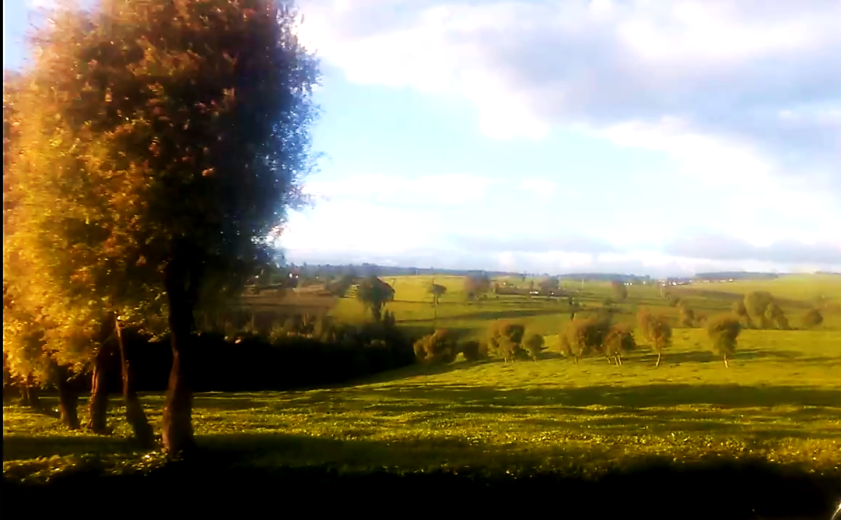
I find myself where many traditionally end up the week after they graduated, in the countryside (ushago) where tall tales of villages gathering to feast and celebrate their sons and daughters achievements stand up well to scrutiny seeing as how folks here really take their time. The landscape outside is a portrait stolen from the textbooks I used to begrudgingly flip through in primary school, endless green dripping down endless rolling hills. I stare at all that green and lose the past quarter century I’ve lived. I lose my name. I am a free entity floating without purpose or history. I forget about the four hour trek it took to get here in the morning or that one hour of that time I spent stuck in a monster of a jam.
It doesn’t last.
I’m reminded quickly of my responsibilities when we pull up into Limuru town. Calling Limuru town a town is unfair to all the other towns. It’s a strange little open market, flanked by shops and the occasional residential building. Everyone here seems to be selling, you could start a drinking game for every person you spot who is actually buying, if you’re for that kind of thing. The stalls spill over from the shade put up to house them and choke the road. Our driver and, coincidentally, the first of my pair of students complains about this fact and leaves his post to raise issue with a lorry driver who’s gleefully slothing up, having gobbled up the last inch of the road. This mistake by my student is about to cost us dearly.
There’s something so gangster about having a badge flashed at you, even if it be a mere municipal officer’s badge. It stirs the resting Kisauni guy inside of me. I might as well have a rolled up joint in my hand and a rusted panga down the back of my pants. But the man behind the badge is uncharacteristically charming for someone doing this job that he spoils the script for such a setup. He’s so lean and sharply dressed might have passed off as a teacher under different circumstances.
‘Why do you park in the middle of the road, kijanaa?’
It doesnt help that I stutter my response a bit when I protest.
‘Tuende ofisini.’
To my relief my student returns imminently but the look on his face tells me he’s not confident about his chances either.
I leave the two in the car to sort things out. Their private congress lasts well over an hour but by the time its over, a ‘fine’ of 8000 is reduced to a quarter that price. I inform my student that he might have well toppled my mother as the ultimate shopping partner when you’re on a budget. The officer even left him his number to call should he ever get troubled by other county officers while in town. Good of him to secure his client as all good businessmen (public administrators) do.
The whole fracas has taken its toll. We realize quickly that the day has run out on us. My student hits the dashboard in frustration. ‘I’ve never gone a day without making sales, man! Hiyo pesa amekula, what will he buy with it when we’ve been unable to supply the places he shops at?’
Today everyone has something to learn in that case, I muse. As for myself, I have seen both the good and the bad working Kenyans go through less than three days after graduating. I do not look forward to the ugly.
The journey back thus begins amid morale-hitting acceding to defeat, idle reflection and my dreading of the very long commute that awaits me, and my buns have turned into cold hard steel from sitting in a car for the most part of the day but man the view this place offers me!
You know I think I wouldn’t mind getting stuck in traffic here all day.
